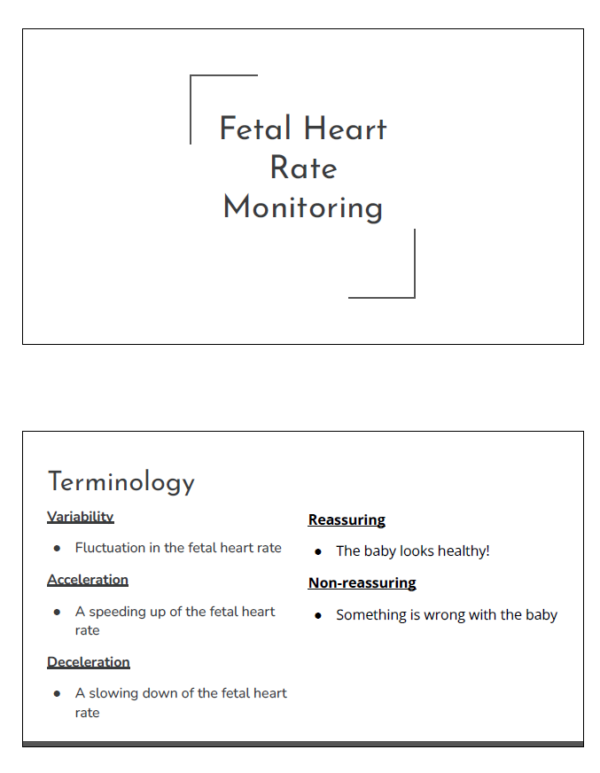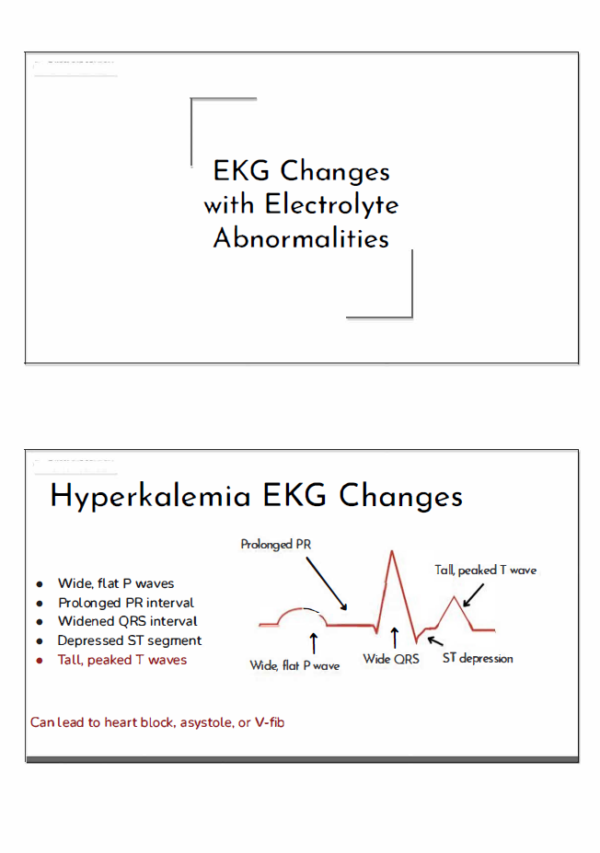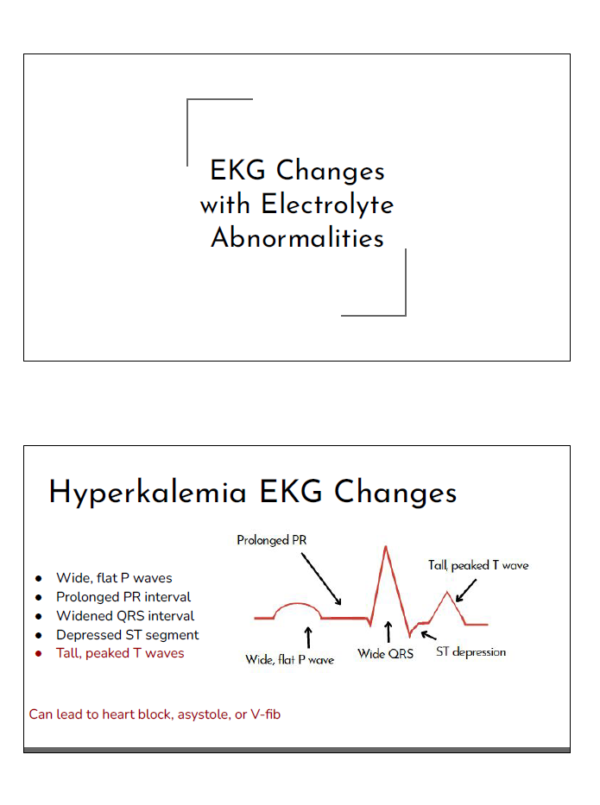Endocrine System NCLEX Review: Essential Hormones and Disorders
This document provides a comprehensive review of the endocrine system, focusing on key hormones such as glucocorticoids, mineralocorticoids, thyroid hormones, and insulin. It covers disorders like Addison’s disease, Cushing’s syndrome, Diabetes Mellitus, and hyper/hypothyroidism. With a focus on NCLEX-style questions and practical case studies, this resource is ideal for nursing students looking to master endocrine-related concepts for the NCLEX exam and clinical practice.
Preview document (- of - pages)
$5.00
- 100% Guaranteed Satisfaction
- Documents can be downloaded immediately
- No hidden fees
Specifications
School:
-
Course:
-
Subject:
-
Year of study:
-
Document
Section:
-
Made on:
October 5, 2024
Type:
.pdf
Pages:
-
Language:
English
Seller

You may also find these Examinations helpful
-
Gastrointestinal Crash Course: Anatomy, Disorders, and Treatments
Study Guides by NurseEducator on 05-10-2024This document provides a quick and thorough review of the gastrointestinal (GI) system, covering essential topics such as gastric and duodenal ulcers, Crohn’s disease, ulcerative colitis, pancreatitis, appendicitis, and liver... -
Fetal Heart Rate Monitoring: Key Concepts and Nursing Interventions
Study Guides by NurseEducator on 05-10-2024This document provides a comprehensive overview of fetal heart rate monitoring, explaining key terms like variability, accelerations, and decelerations. It details the significance of reassuring versus non-reassuring heart rate patterns,... -
EKG Changes with Electrolyte Abnormalities: A Quick Reference Guide
Study Guides by NurseEducator on 05-10-2024This document provides a detailed guide on how electrolyte imbalances, such as hyperkalemia, hypokalemia, hypermagnesemia, hypomagnesemia, hypercalcemia, and hypocalcemia, manifest in EKG readings. It explains key changes to watch for,... -
EKG Changes with Electrolyte Abnormalities
Study Guides by NurseEducator on 05-10-2024This document provides a detailed overview of how electrolyte imbalances, such as hyperkalemia, hypokalemia, hypermagnesemia, hypomagnesemia, hypercalcemia, and hypocalcemia, affect EKG readings. It highlights key changes to watch for, such...

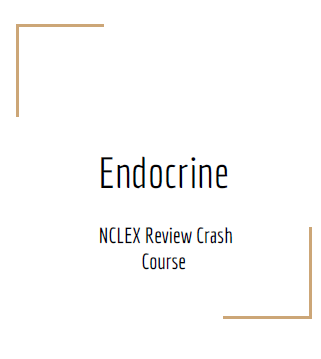
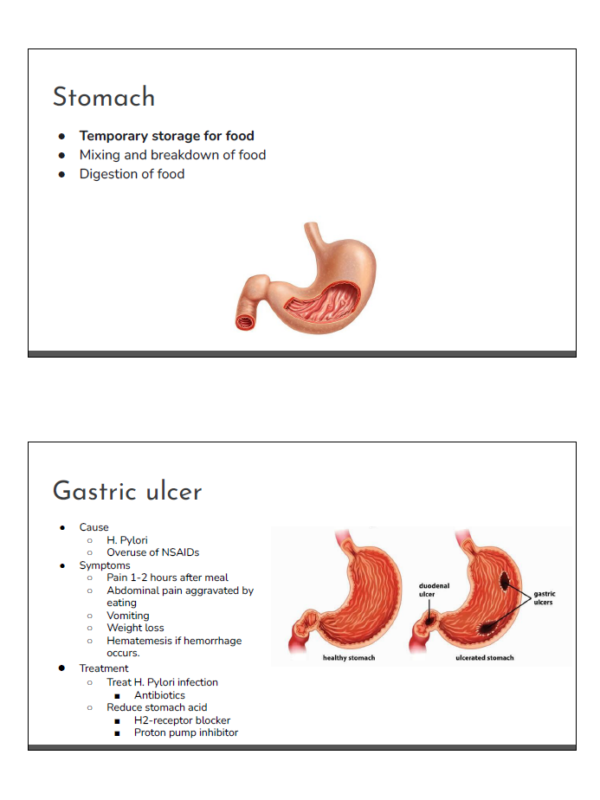
 23 Pages
23 Pages
